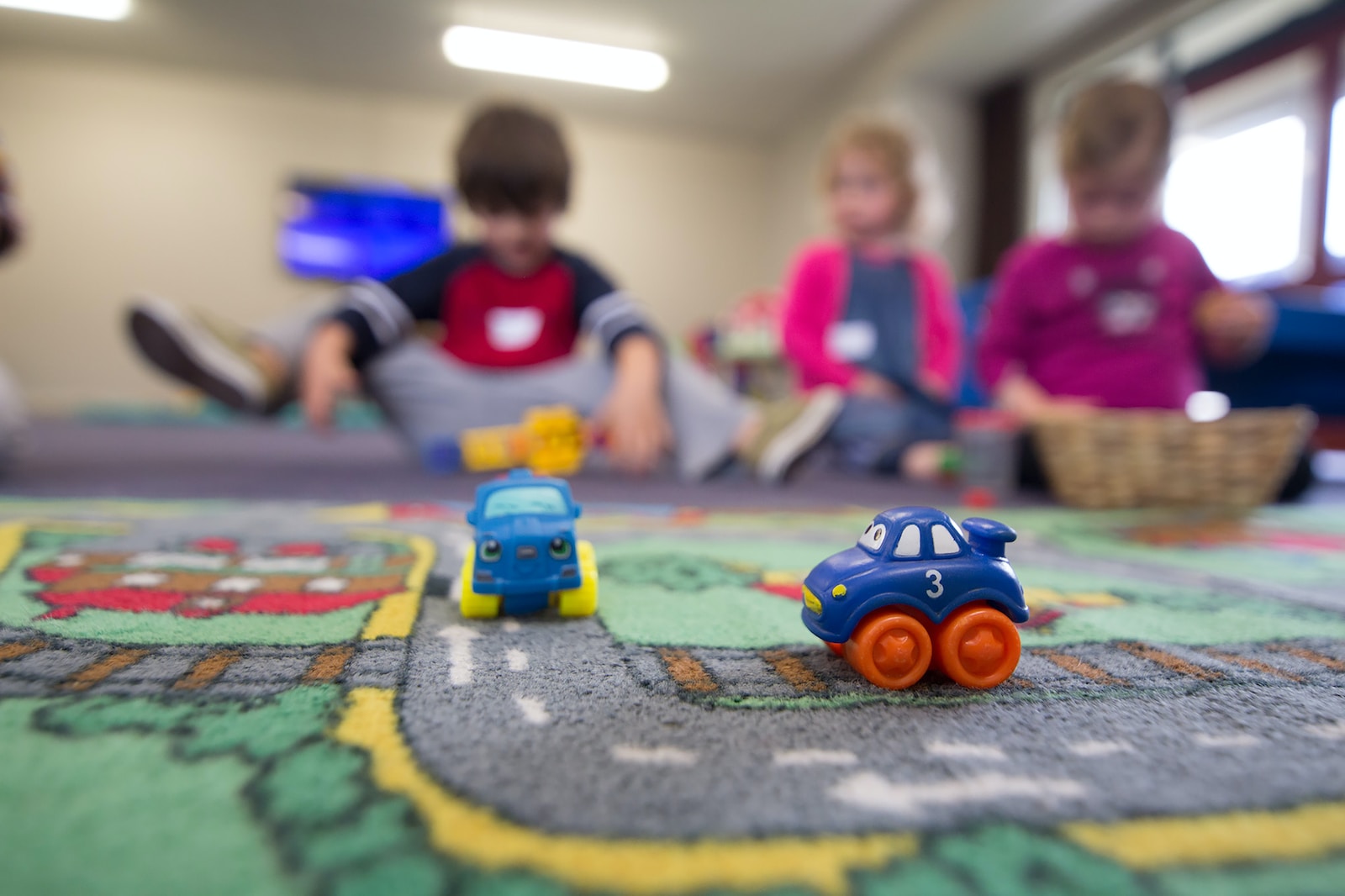Skyrocketing childcare costs force quarter of UK parents to quit work or education
One in four UK parents have had to quit a job or drop out of education to avoid the rocketing cost of childcare, according a major global poll.
The survey, conducted by Hall + Partners for global children’s charity Theirworld, polled more than 7,000 parents and carers with children under school age across the UK, US, the Netherlands, India, Brazil, Turkey and Nigeria.
The findings reveal a global early years crisis in which children across the world are being deprived of education and care in their most formative years due to the spiralling cost of nursery and pre-school fees.
In the UK, just under a quarter – 23% – of parents say they have either quit a job or dropped out of their studies to avoid childcare costs, a higher proportion than in Brazil (17%), Turkey (16%) and Nigeria (13%).
UK parents also face a tougher struggle to afford nursery and childminder fees than their counterparts in the Netherlands, US, India, Brazil, Turkey and Nigeria, the poll shows.
Three-quarters of UK parents say they find it difficult to meet childcare costs, compared to 52% in India, 57% in the Netherlands, 59% in Nigeria, 68% in the US and Brazil and 72% in Turkey.
Almost two-thirds – 65% – of UK parents have had to make major financial changes to their lives to pay for childcare, the findings have found. This includes taking on more work and spending less on their children’s food.
Just over a fifth – 22% – of UK parents spend between 30% and 70% of their income on childcare.
Sarah Brown, Chair of Theirworld, said the findings of the Act For Early Years report “laid bare the scale of the global early years crisis and its impact on children in rich and poor countries alike”.
The charity’s Act For Early Years campaign is calling on governments to urgently prioritise spending on early years because of the profound effect early years care can have on children and their families. Scientific research shows that 90% of a child’s brain is developed by the age of five.
Experts say early years is also when deep societal inequality sets in.
Children from more prosperous, educated backgrounds tend to begin primary school ready to learn, but more than 40% of children in low- and middle-income countries – almost 250m children – are at risk of not attaining their full development potential due to poverty, inadequate nutrition, exposure to stress and a lack of early stimulation and learning.
‘Providing for children in their early years must be treated as a public good, not a private test of a family’s financial strength,’ said Brown. ‘Parents around the world should no longer be reduced to hoping for the best, crossing their fingers that the inadequate care they are often forced to use isn’t a risk to their child’s safety or their future prospects in life.’
Currently only 0.5% of UK GDP is spent on early childcare and education, according to the latest OECD data.
In some countries, such as the US, Portugal, Ireland, Costa Rica, Cyprus and Turkey, it is as low as 0.3%. Spending is highest in Iceland (1.7%), followed by Sweden (1.6%), Norway (1.4%), France (1.3%), Denmark (1.2%) and Finland (1.1%).
However, last month Chancellor Jeremy Hunt made childcare a central part of his budget, providing an extra £4bn over three years. He announced every child under five would receive 30 hours of free childcare. However, critics pointed out that it will not be until September 2025 that all eligible under-5s will get those free hours.
Image: BBC Creative
















